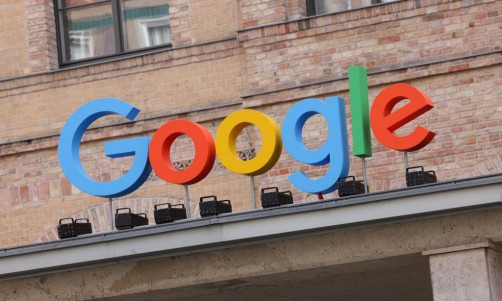China has released its rules and guidelines to regulate the use of artificial intelligence in the country, including the use of AI chatbots, AI-generated art, and AI technology in healthcare.
According to Interesting Engineering, it was the Cyberspace Administration of China (CAC) who set the regulations, which are taking effect beginning January 10 next year.
The Rapid Development Of AI Forces China To Improve Its Regulatory Capabilities
In a statement, the CAC describes AI or "deep synthesis" as technology that lets individuals create texts, images, art, voiceovers, and videos from scratch or from a prompt.
It used deep learning, virtual reality, and other generative synthesis algorithms to produce a piece of work or a network of information.
With that, they set the rules and guidelines for AI regulation as a preventive measure to make sure that there will be no copyright infringement or ethical issues when AI intelligence systems are used.
"The rapid development of deep synthesis technology, while serving user needs and improving user experience, has also been used by some lawbreakers to produce, copy, publish, disseminate illegal and bad information," the CAC says.
It is important to note that the CAC is the governing body responsible for implementing policies in relation to internet use in China, Interesting Engineering writes.
Due to the sudden rise of AI in the country and across the world, many are concerned with how individuals might use AI in their daily lives.
According to the CAC, many deep synthesis service providers cause confusion or misidentification among members of the public.
Because of this, the agency said that they released the document to prevent and resolve any potential security risks that may come with the promotion and development of deep synthesis.
Read More: Guillermo del Toro Expresses Disdain Toward AI Art
China's Cross-Platform Censorship Is Put Into Good Use
According to Tech Crunch, such restrictions were made possible by China's real name verification apparatus that require generative AI providers to only use verified personal information.
With this, people who use AI services should participate in lawfully conducting real identity information authentication.
The CAC also says that it will review algorithms used in AI systems, and it will ban any negative information spread with the use of AI.
"Deep synthesis service providers and technical supporters shall strengthen technical management, periodically reviewing, assessing, and verifying mechanisms for generating synthetic algorithms," says the CAC.
With this, China mandates that any AI service provider should use personal information and follow the country's personal information protection law.
This is expected to decrease the concern around the issue of copyright infringement and academic dishonesty as AI service providers are required to put an identifiable watermark on the generative AI.
On top of that, platforms are advised to issue warning labels, age restrictions on content, service suspensions, and account shutdowns on regulation violators.
TechCrunch writes that should an individual violate the regulations set by the CAC, they will be facing punishment by getting reported to authorities.
Related Article: Lensa AI: Are Those Amazing AI-Generated Selfies Bad for Real Artists?













